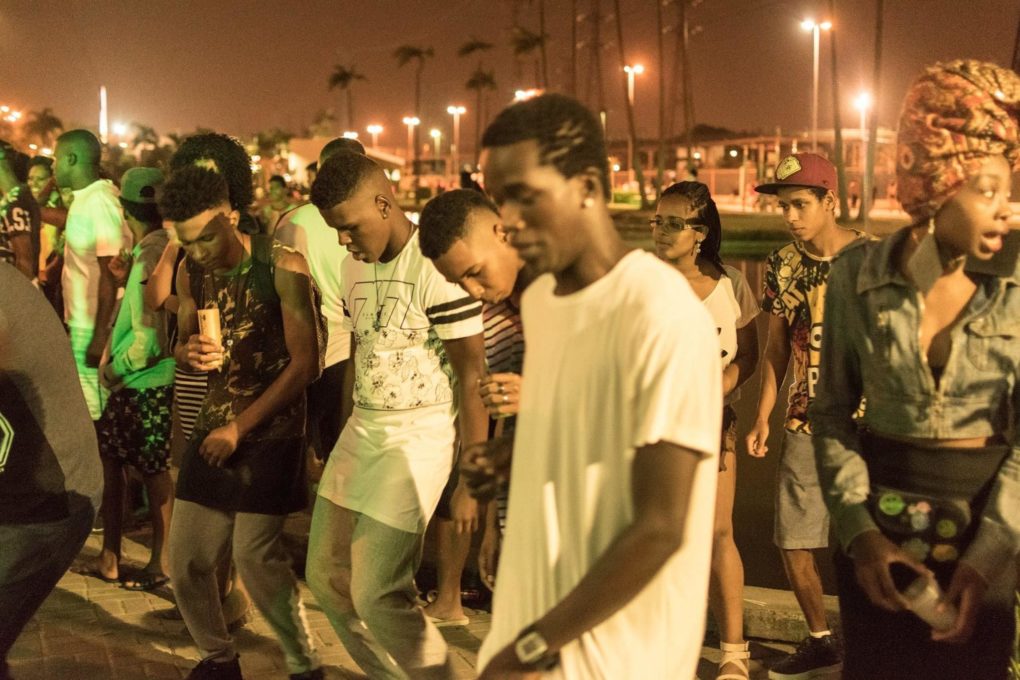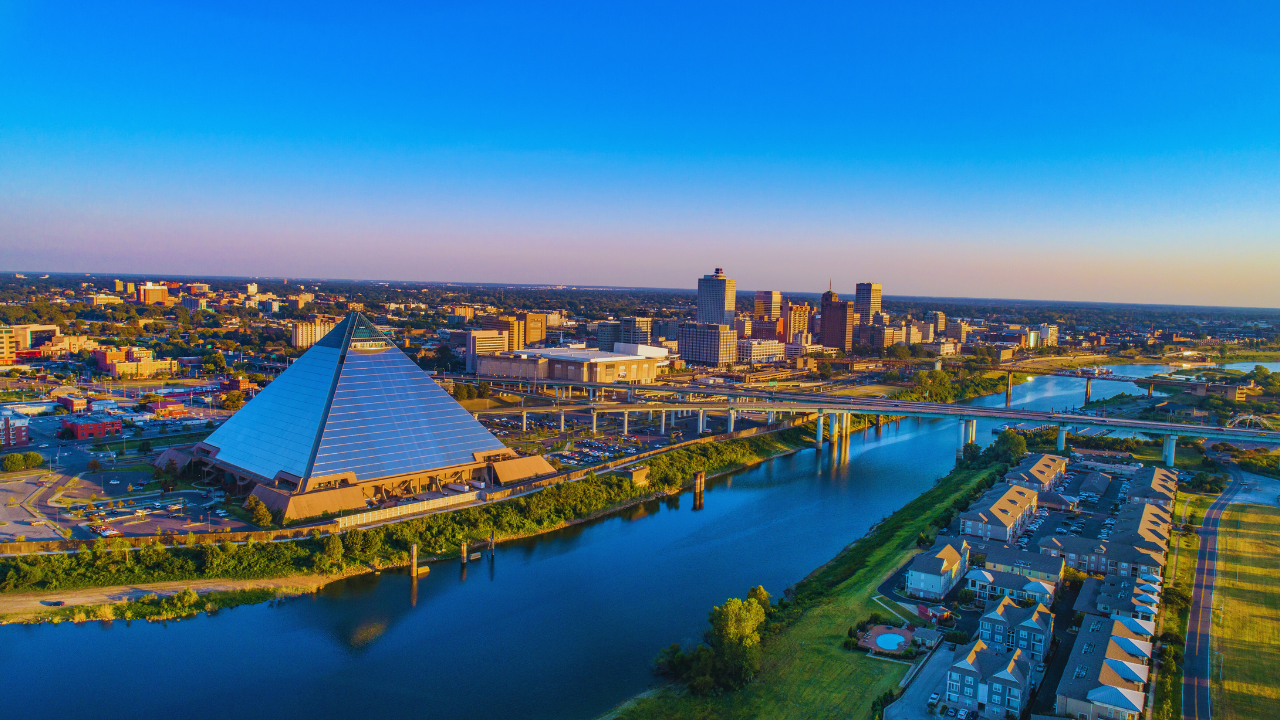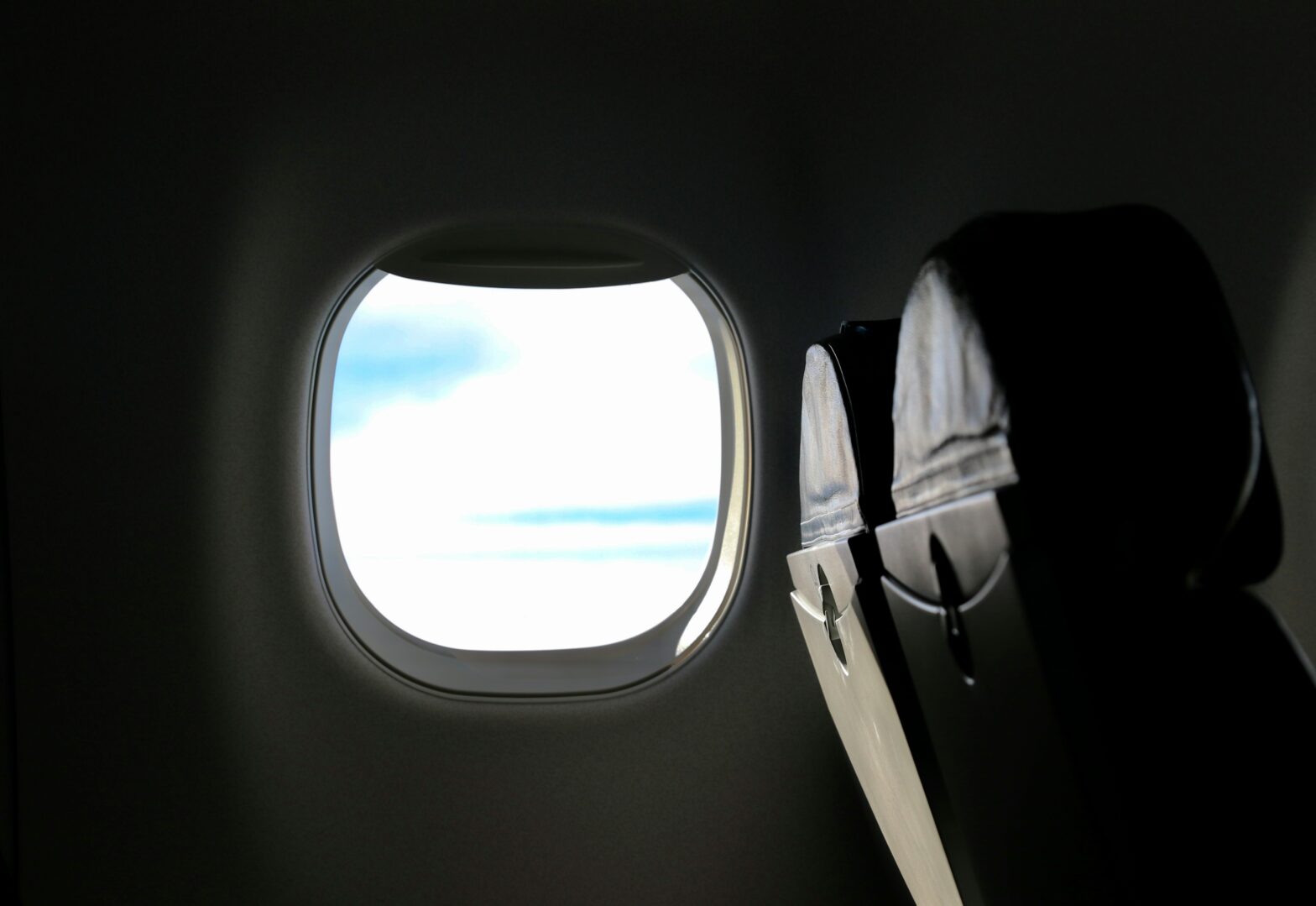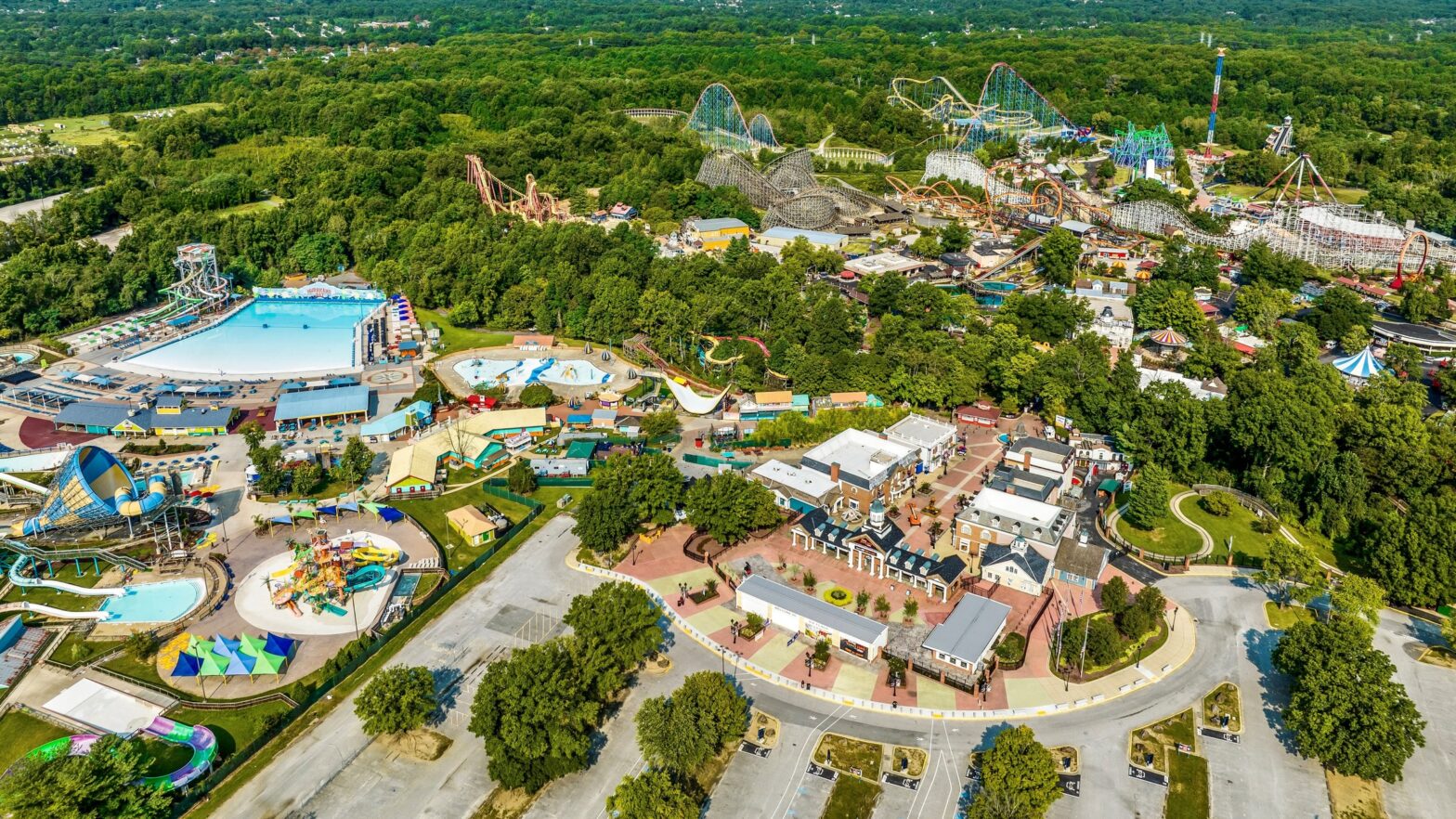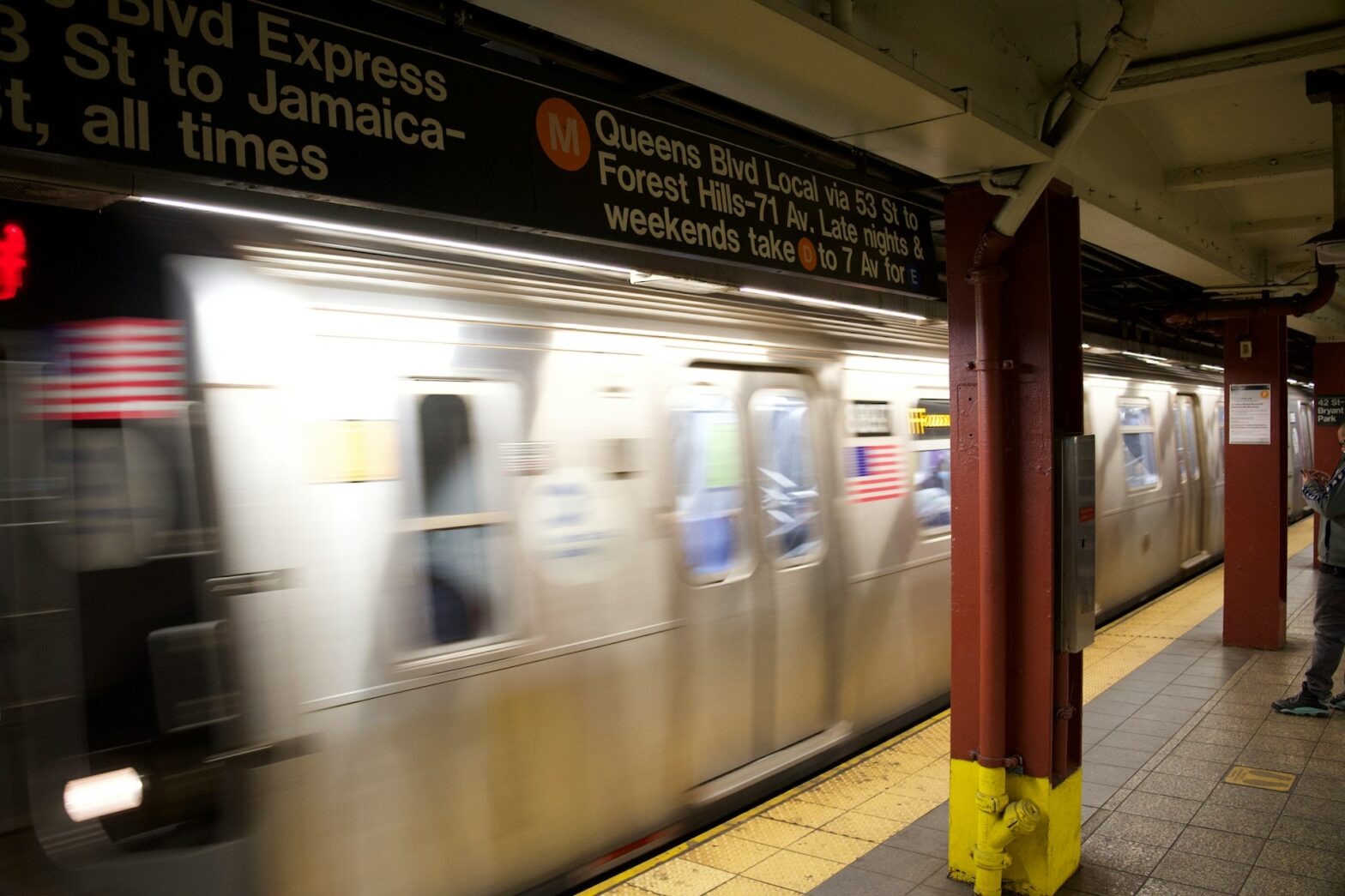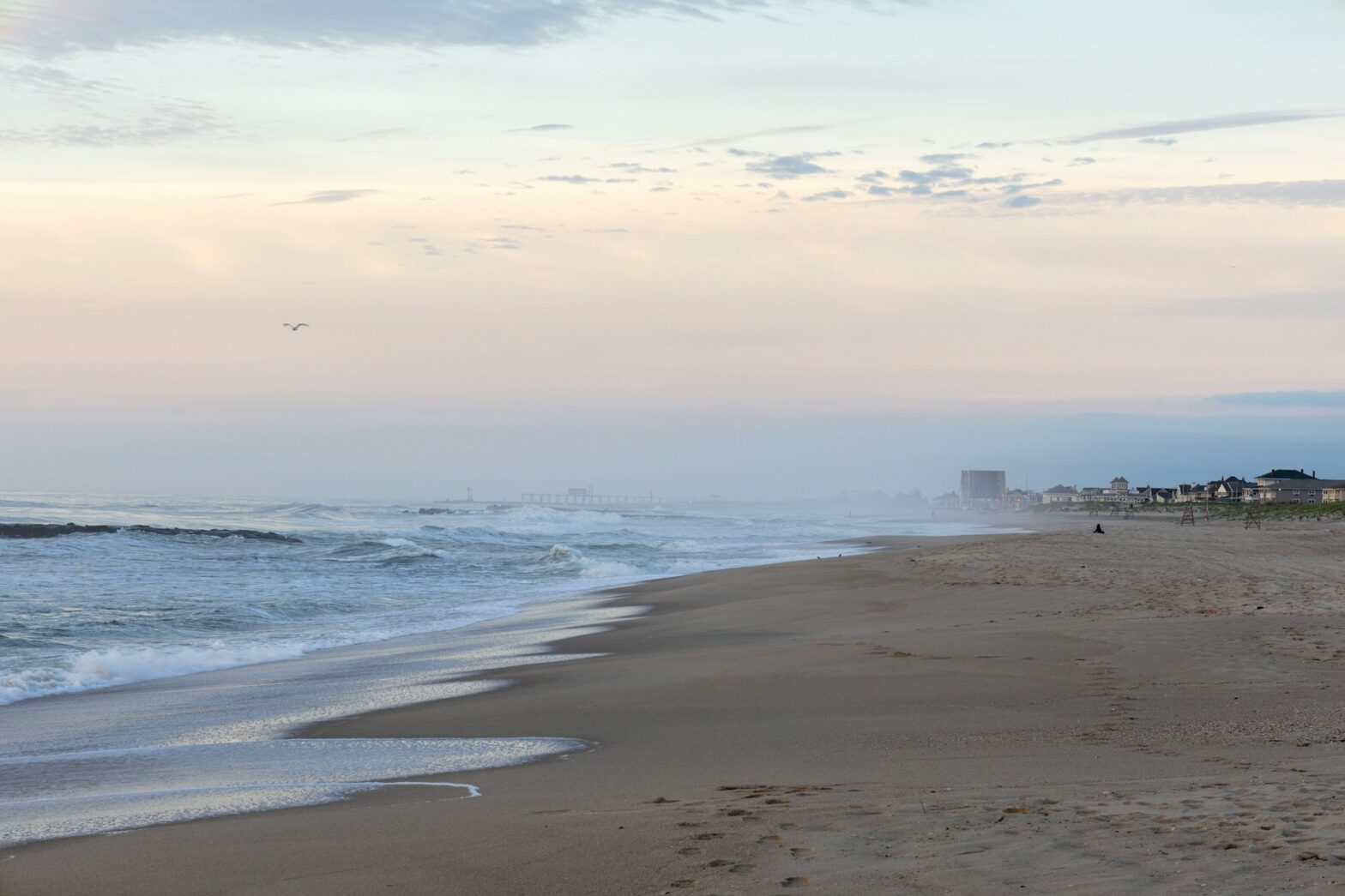Madureira is considered the Black Mecca of Rio de Janeiro, Brazil. It’s a neighborhood where 70% percent of its residents are of African descent. There, Afro-Brazilian culture is powerful and thrives, despite the country’s racism towards Black people.
Known also as the land of the Samba music, Rio’s Black Mecca maintains the food, religion, culture, music, dance, and art derived from African people who are all around the area.
Today, Madureira is also the place where Hip-Hop and R&B culture is celebrated by the local millennials. When walking through, it is easy to pop up on samba parties happening in clubs in the area.
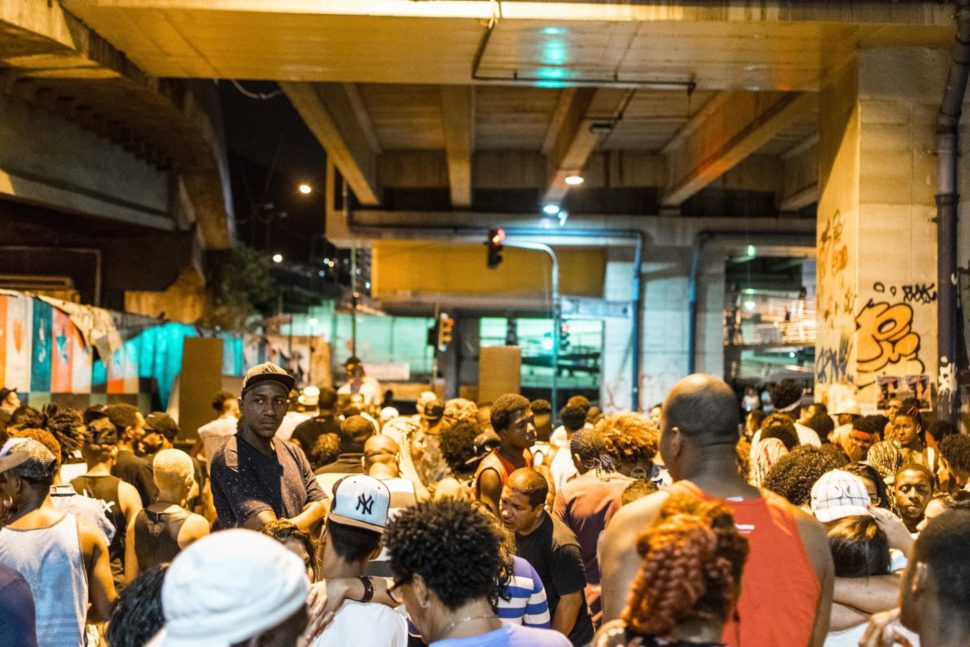
It is on the opposite side of Rio’s richest areas and where the main tourist attractions such as Copacabana and Ipanema beaches, Sugar Loaf, Christ the Redeemer are found.
But it is where most of Black people in the city found a place to live.
In fact, from the 17h century to the 1900s, Rio’s downtown area was resided by many enslaved Blacks and freed Blacks. The area, which is now the city’s business and financial district, used to be a vibrant Black neighborhood called Little Africa.
After suffering a brutal gentrification process by the city’s government in the beginning of the 20th century, many Afro-Brazilians went to live in favelas (slums) or in distant neighborhoods. And Madureira was chosen by many as the right place to start a new life.
There, they created Samba schools and maintained Afro-Brazilian traditions. Hip-Hop and R&B were also received very well by the ‘Madureirians’.
“I love Madureira so much. It’s outside of the tourist area and it has a high concentration of Afro-Brazilians. They have very unique parties every weekend that you can’t find anywhere else in the city. I’d rather be there than in the south zone,” Kurtis Henry told Travel Noire.
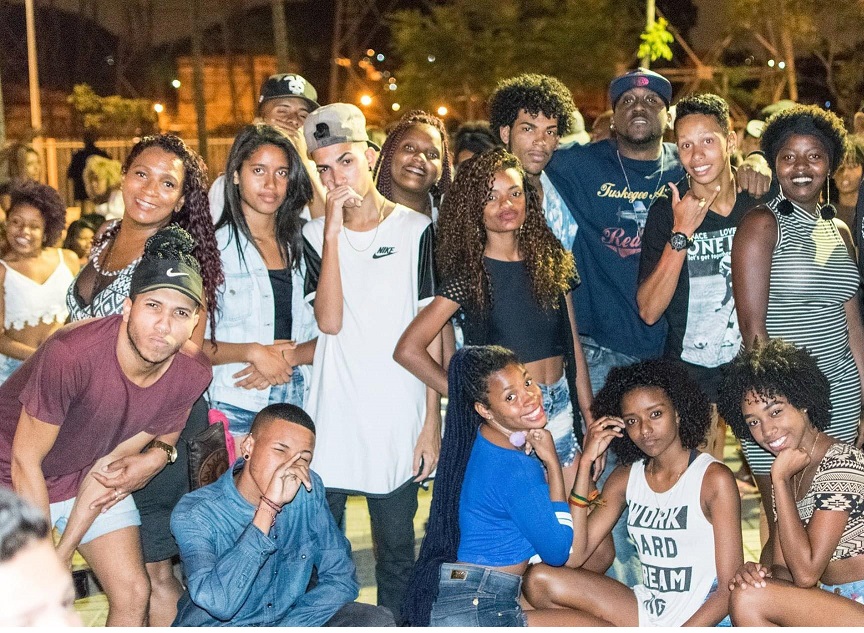
Henry is from Ohio, and he’s been travelling to Brazil since 2014. He owns Flight Life Group, a travel company that organizes trips around the world.
“Madureira reminds me of the USA in the 90s. Block parties, people are outside enjoying the day with friends, and it’s a meeting point for a lot of the Black people from around the city on Friday, Saturday and Sunday.”
For him, visiting this neighborhood is very important.
“Going to Parque Madureira on Sundays is one of my favorite activities in Madureira. It’s like a huge Afro-Brazilian block party! Going there and Mercado Madureira are two things that I think African American travelers should do when visiting Rio.”
Hiring a local guide is a must for those who are going for the first time, according to Henry.
“I personally will go to Madureira alone, some people may be intimidated by the area but don’t judge a book by its cover. If you don’t speak Portuguese, it may be best to go with someone who knows the area. English is not as common out there as it is in the tourist areas.”
He also says that Madureira can provide a good connection between Afro-Brazilians and African-Americans.
“At first glance, it may seem rough around the edges. But once you encounter the people there, you realize that they are similar to Black people in the USA. Same vibe, same type of struggle, but they tend to be more unified around Black consciousness.”
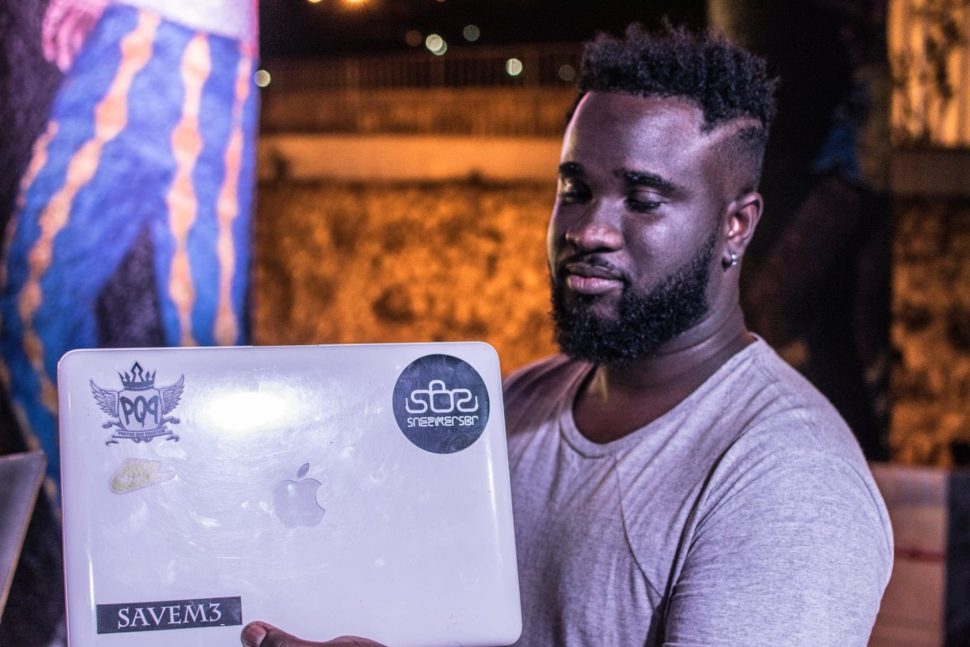
DJ Wallacy Souza, also known as Xocolaty DJ, agrees with Kurtis. Living in Madureira since he was born, Xokolaty, who spins in many clubs in Madureira, says he feels much more comfortable there than on Rio’s south side.
“In the South zone, racism is more blatant. It’s even more difficult to play in Rio’s south zone clubs because the owners prefer White DJs. They never say they prefer white DJs, but we know the truth.”
Madureira is home to several Black-owned businesses, including clothing stores such as Pop Afro, a collaborative project that gathers 50 Black stylists, and Esponja Magic, one of the most popular Afro-Brazilian barber shops in Rio.
There are safe spaces, like CUFA (Central Union of the Slums), for the Black community to discuss racial issues, such as racism, and police brutality. CUFA is a Brazilian organization that promotes political, social, sporting and cultural empowerment.
